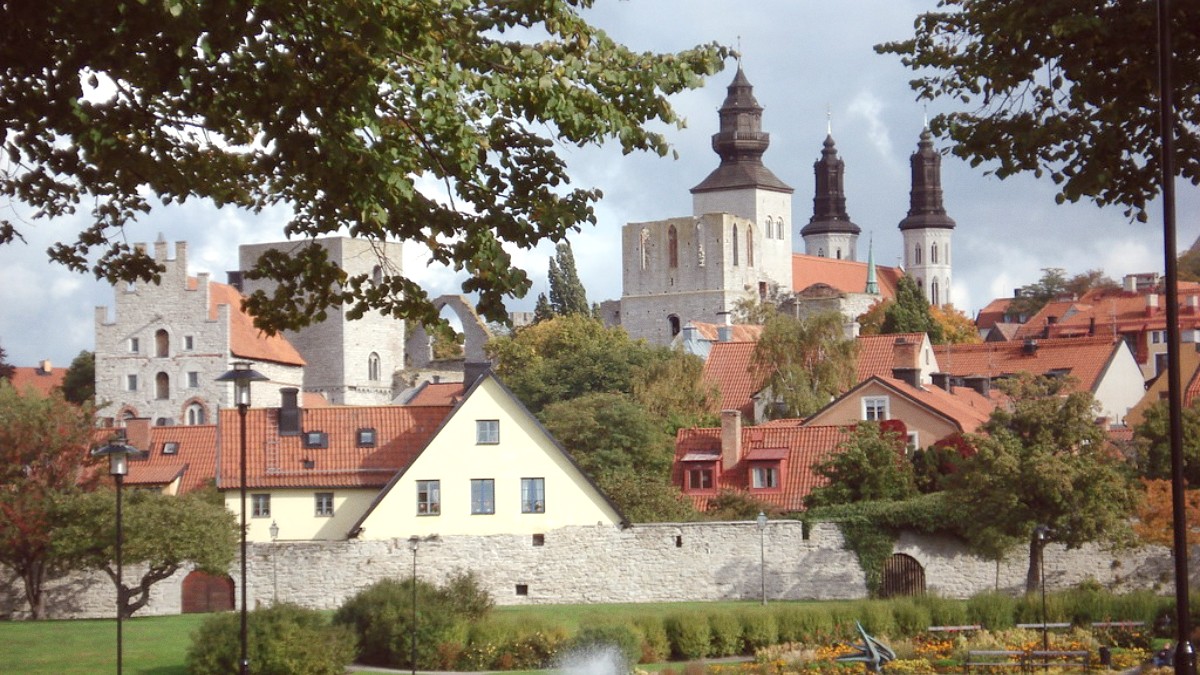
Sweden
Gotland includes numerous nature reserves, protected coastal areas, and Natura 2000 sites, with Gotska Sandön as a national park.
Sweden possesses an excellent recycling infrastructure; Gotland is no exception. Separate your waste into various categories.
Though not currently experiencing severe scarcity, conscious water use is always encouraged, specifically on an island.
Travel practices that protect Gotland’s environment.
Consider opting for carbon offsets when booking your flights or ferries. This financially supports projects that reduce greenhouse gas emissions.
Choosing sustainable products and ethical operators contributes positively to the environment and local communities.
Respect all signs regarding protected areas and nature reserves. Stay on marked trails.
Avoid picking plants or disturbing wildlife. Adhere to rules on open fires and camping outside designated areas.
Take shorter showers, turn off taps when not in use, and be generally mindful of your water use.
Thoughtful engagement with Gotland’s cultural landscape.
Gotland, especially Visby, dedicates substantial effort to preserving its medieval heritage.
Photographing landscapes and public architecture is generally acceptable. Mindfulness toward people is .
Gotland’s medieval churches maintain their role as active places of worship.
Dress modestly when visiting churches (e.g., avoid overly revealing clothing).
Keep quiet and respectful inside the church.
Some churches may possess specific photography rules (e.g., no flash, no photography during services); always check for signs.
Swedes value politeness, personal space, and quiet conversation in public settings. A simple "Tack" (thank you) makes a positive impression.
Direct your spending to locally owned and operated accommodations, restaurants, and tour companies.
Purchase crafts, textiles (Gotlandic wool), and produce directly from local artisans and farm shops ("Gårdsbutik").
Prioritizing local shops and cafes over international chains keeps money within the island's economy.
This unique Swedish law grants public access to private land for recreation.
The right comes with the responsibility to "not disturb, not destroy."
Leave no trace of your visit and carry out all rubbish.